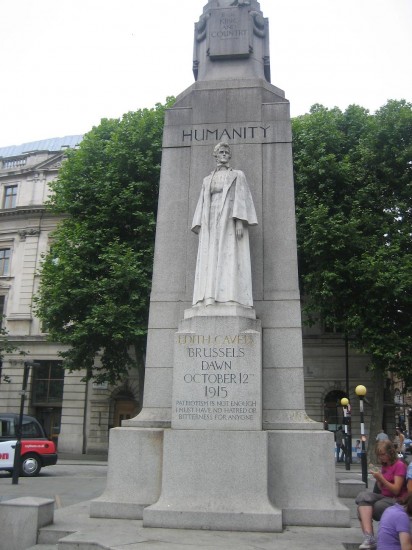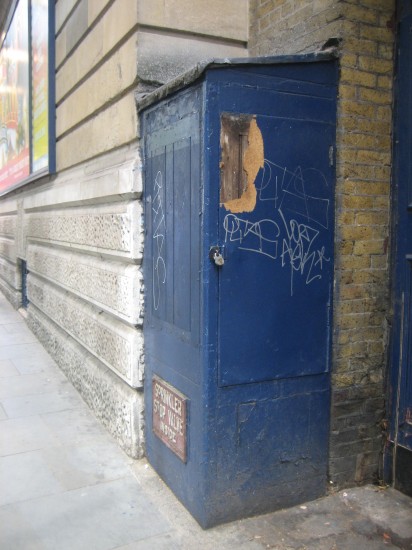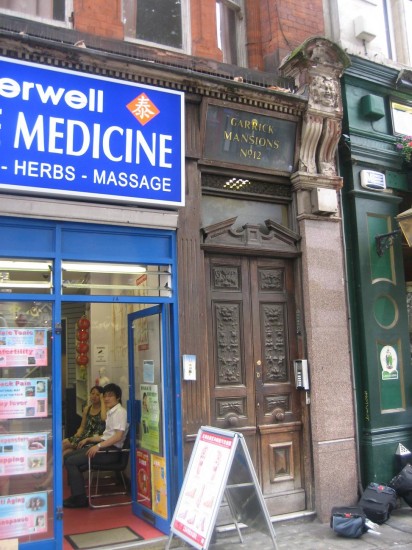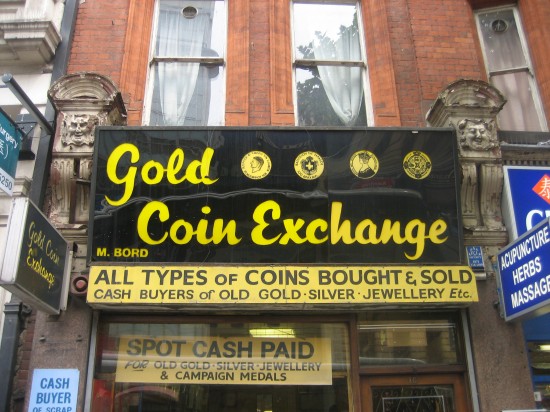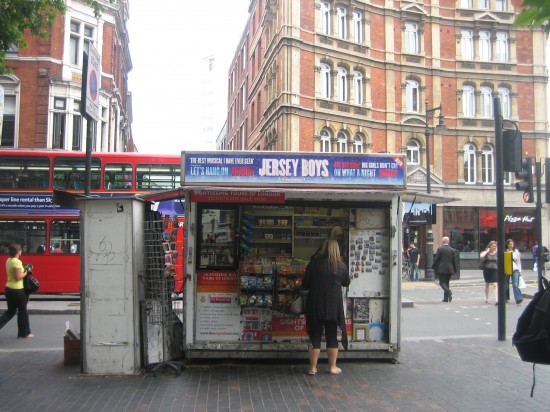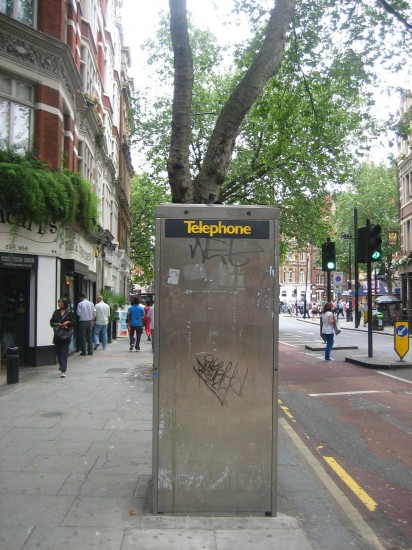by Jude Rogers
17. Central Lines
I remember London. Hello, you. It’s me. This old thing. You were the city I used to be scared of, throwing me from A to B via Z like a spluttering centrifuge. Then you nuzzled my neck, took me in, showed me the folds of your skin.
And now, it’s been weeks since I’ve spent any proper time with you, the last month being a hurricane of trips and long work assignments. At times like these, when I walk with you, I leave my iPod behind, let my ears take in the sounds of you totally, my eyes your contours, your colours.
This week, I’m standing in for an editor on a magazine, in an airy, peaceful office on Trafalgar Square. One lunchtime, I tell myself to reacquaint myself with the Charing Cross Road – remind myself of your centre, your heart, your steady pulse.
a. Opposite the National Portrait Gallery, tourists eat their Pret sandwiches damply in the afternoon heat. Some of them gather around the base of a memorial I’ve never noticed before. Edith Cavell stands there, fixed, resolute, her cape in thick creases around her poker-straight bones. A nurse in the Second World War, she saved Allied soldiers in Belgium, giving them safe passage to Holland, before she was arrested by the Germans, and killed by a firing squad. Her famous statement – her words I’ve known, but never her name – sits under her, etched deeply into the stone. Humanity sits at her head, Fortitude burns behind her back. The young girls below her go on sucking at their smoothies.
b. Going north, Central London throws out its jumble of chintzy chain restaurants, jammed traffic, people crawling along pavements like comatose tortoises. But I take the tiniest look closer, and the old stuff seeps through. Under the cashpoints by the library, a brown stone laid by the Prince Of Wales in 1890, bashful under the whirr of paper money. Next to the Garrick Theatre, a blue hutch, neatly padlocked, scarred with graffiti tags, a torn piece of golden wood suggesting a passing entrepreneur. A sign for sprinklers and stop valves, the hidden machinery of the city, gathering dust as David Essex sings inside.
c. In between the shop units, the entrances to mansion houses. The thought of people living here – living here, in the middle of it all, sneaking in an ornate door between a pub and a Chinese medicine surgery, up the hall, up the stairs, a key, turn the lock, and then home – staggers me. Who lives here? The rich or the old? Long-stayers or short-timers? I lurk on the pavements looking in, but it’s impossible to know. One door wide open, I poke my head in, feel the stiff air, hold my tongue.
d. After my weekend Malta, I can’t stop looking at shopfronts. I love the unforgiving brashness of the Gold Coin Exchange, the loopy cursive letters, the illustrated pennies. The smooth italics of Lipman and Sons, and its lovely description of its trade – “Morning Wear, Dress Wear, For Sale or Hire”, the words running off the tongue like soft silk. The incongruity of The Porcupine pub sign sitting on top of the London Underground roundel, a little moment of oddity in the assault of Leicester Square.
And then up to the closed bookshops, brackets without shelves, yellow signs warning against flyposters. A page being turned, a leaf lost, a spine broken.
e. Across Shaftesbury Avenue, and the kiosks soldier on – fridge magnets, crisps, cigarettes, curling postcards, hardly any newspapers. As does the ticket shop that I’m amazed is still there –The Faces, 11 Aug, Be Quick!, Earth Wind and Fire, highlighted with a blue neon star. The Phoenix Artists Club sign still points its fingers towards late-night, boozy pleasures, but as Centrepoint approaches, street life starts to die. Outside Macari’s, the silver shell of a telephone box like a decommissioned Tardis. The empty Korean Ginseng Centre, mournful under the bright lights of Blood Brothers. “Exhilarating!”, cries the Sunday Times, just to rub it in.
f. Towards the tube and the work for the new Crossrail station, the fashion college flaunts its shabbiness, mannequins turn their backs. A man papers a poster of a redhead in a bikini in the window of the new TK Maxx, his legs sticking under her torso, quite a sight for our summer. Carousels of clothes shimmer cheaply inside, and I think of my afternoons in Borders scouring the racks. I pass a green cube of orange workmen, their jackets glowing like sunsets, and follow the diversion around Denmark Place, through the blue corridors, see the skulls, smell the urine, skim the Prayer For The Stressed that someone has stuck to a black door.
Then I emerge into London again, watch it become something else.
